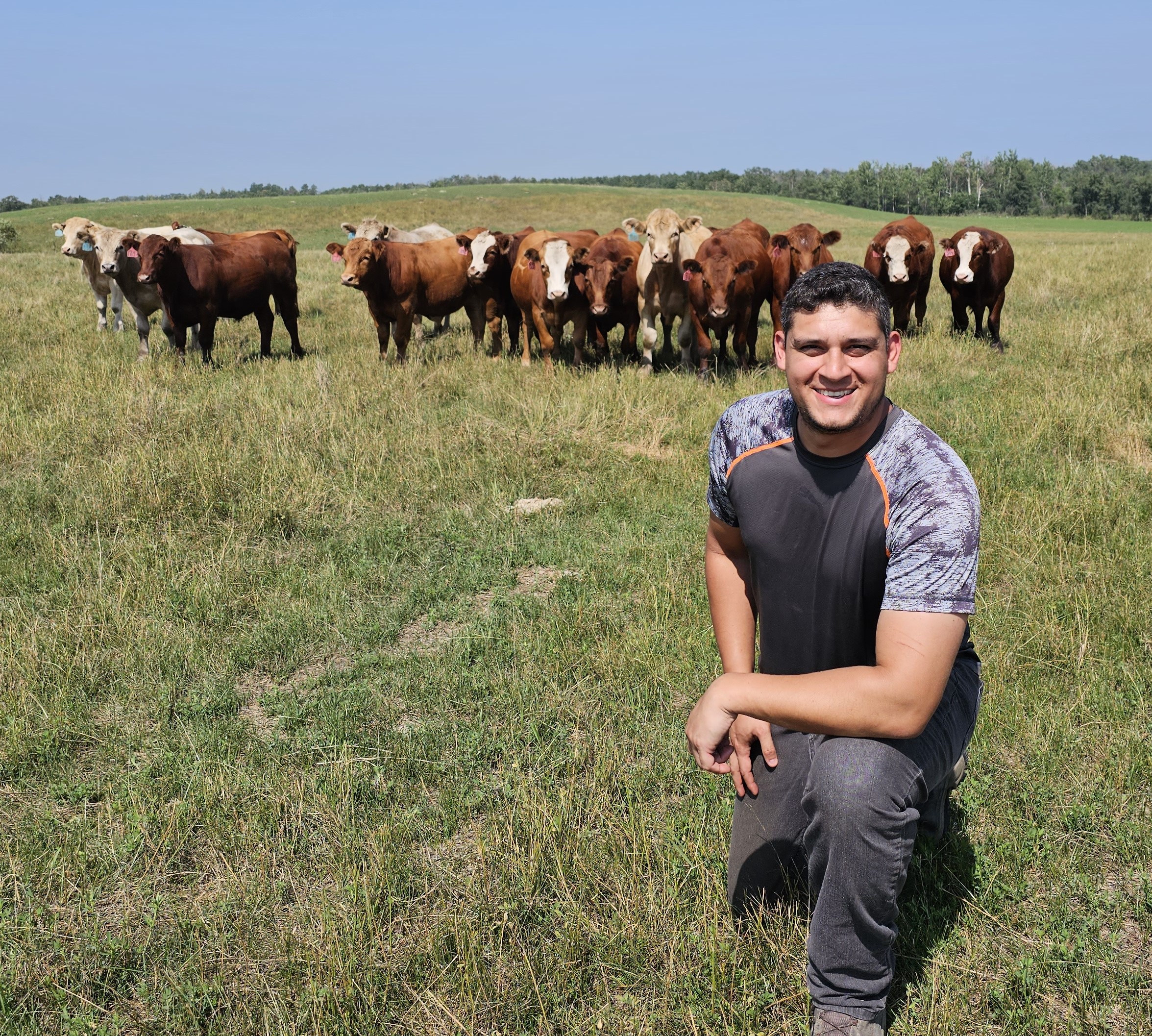Genome-wide association with residual body weight gain in Bos indicus cattle
Published in Genetics and Molecular Research,14(2):5229-5233, 2015
Recommended citation: M.H.A. Santana, R.C. Gomes, Y.T. Utsunomiya, H.H.R. Neves, F.J. Novais, M.N. Bonin, H. Fukumasu, J.F. Garcia, P.A. Alexandre, G.A. Oliveira Junior, L.L. Coutinho (2015) Genome-wide association with residual body weight gain in Bos indicus cattle. Genetics and Molecular Research Volume: 14 Issue: 2 Pages: 5229-5233
Abstract
Weight gain is a key performance trait for beef cattle; however, attention should be given to the production costs for better profitability. Therefore, a feed efficiency trait based on performance can be an interesting approach to improve performance without increasing food costs. To identify candidate genes and genomic regions associated with residual body weight gain (RWG), we conducted a genome-wide association study (GWAS) with 720 Nellore cattle using the GRAMMAR-Gamma association test. We identified 30 significant single nucleotide polymorphisms (SNPs), especially on chromosomes 2, 8, 12, and 17. Several genes and quantitative train loci (QTLs) present in the regions identified were appointed; we highlight DMRT2 (doublesex and mab-3 related transcription factor 2), IFFO2 (intermediate filament family orphan 2), LNX2 (ligand of numb-protein X 2), MTIF3 (mitochondrial translational initiation factor 3), and TRNAG-CCC (transfer RNA glycine anticodon CCC). The metabolic pathways that can explain part of the phenotypic variation in RWG are related to oxidative stress and muscle control.
